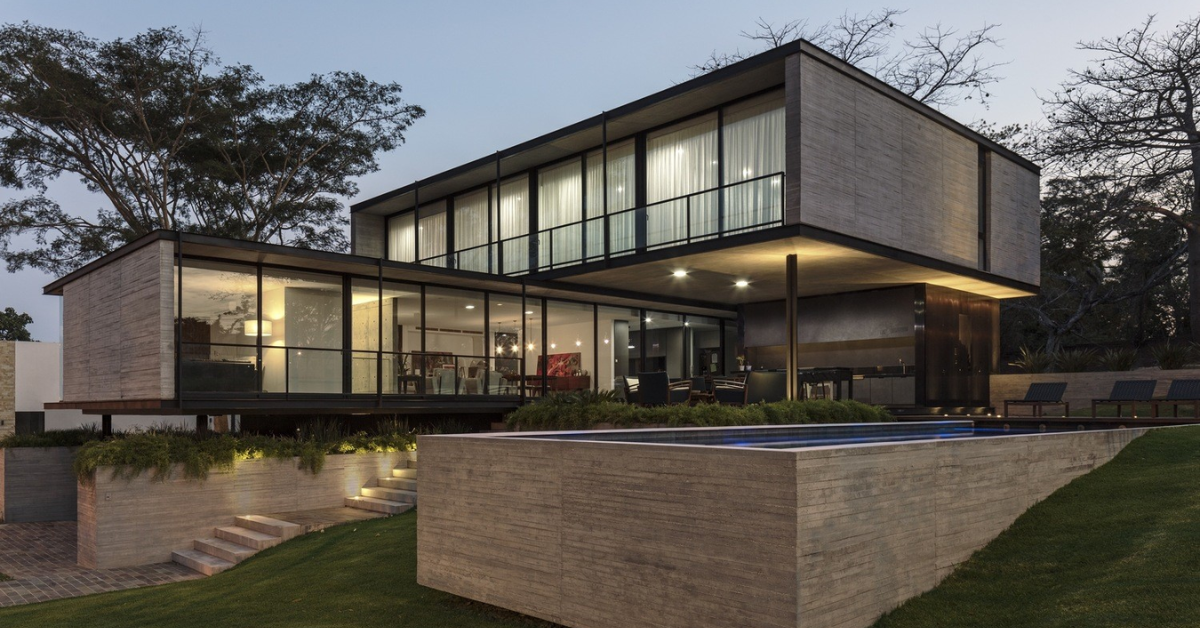Introduction
Vastu Shastra, often referred to as the “science of architecture,” is an ancient Indian system that integrates architecture with nature, astronomy, and astrology. Rooted in the Vedas, Vastu Shastra aims to harmonize human dwellings with the cosmic energies to promote health, prosperity, and well-being. Its significance in Indian culture is profound, influencing the design and construction of homes, temples, and cities.
Thank you for reading this post, don't forget to subscribe!Core Principles of Vastu Shastra
Vastu Shastra is based on five fundamental elements (Panchabhutas) and the directional alignments. These elements include:
- Earth (Prithvi): Represents stability and support.
- Water (Jal): Symbolizes fluidity and life.
- Fire (Agni): Denotes energy and transformation.
- Air (Vayu): Signifies movement and communication.
- Space (Akasha): Embodies expansion and connectivity.
The principles of Vastu emphasize the correct placement of rooms and objects to ensure a balanced flow of energy. The directions (North, South, East, West) and their sub-directions play a crucial role in determining the layout and orientation of buildings.
Applying Vastu in Modern Homes
Incorporating Vastu principles in modern homes can be straightforward and highly beneficial. Here are some tips for different rooms:
- Entrance: The main entrance should face the north or east for positive energy flow.
- Living Room: Ideally located in the northeast, north, or east. Furniture should be placed against the south or west walls.
- Kitchen: Best situated in the southeast, representing the element of fire.
- Bedroom: The master bedroom should be in the southwest, promoting rest and stability.
- Bathroom: Should be in the northwest or southeast, away from the kitchen and dining area.
Implementing these principles can significantly enhance the harmony and energy of your living space.
Benefits of Vastu-Compliant Spaces
Adhering to Vastu Shastra can lead to numerous benefits, including:
- Improved Health: Balanced energy flow can enhance physical and mental well-being.
- Increased Prosperity: Proper placement of rooms and objects can attract wealth and success.
- Enhanced Relationships: Harmonious living spaces can foster better interpersonal relationships.
- Overall Well-being: A Vastu-compliant home creates a peaceful and supportive environment.
Vastu Remedies for Common Problems
If your home has Vastu doshas (defects), simple remedies can help mitigate their effects:
- Mirrors: Placing mirrors strategically to reflect positive energy.
- Colors: Using appropriate colors to balance energies in different rooms.
- Plants: Incorporating indoor plants to enhance positive energy.
- Pyramids: Using Vastu pyramids to correct energy imbalances.
Consulting a Vastu expert can provide tailored solutions for your specific needs.
Conclusion
Vastu Shastra offers a timeless framework for creating harmonious living spaces. By aligning your home with Vastu principles, you can experience improved health, prosperity, and overall well-being. Embrace Vastu Shastra and transform your living environment into a sanctuary of positive energy.

